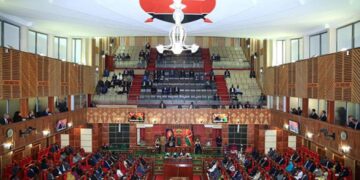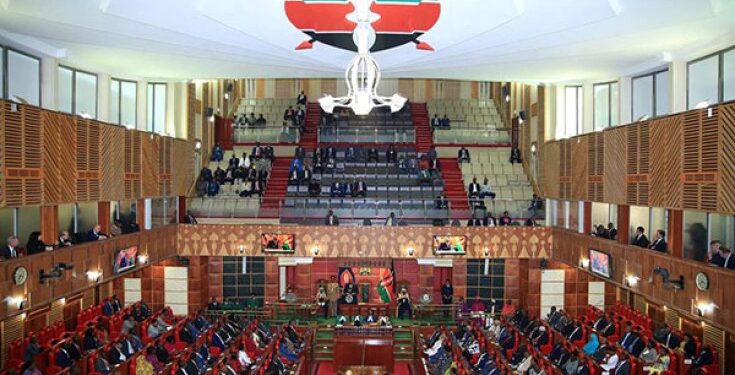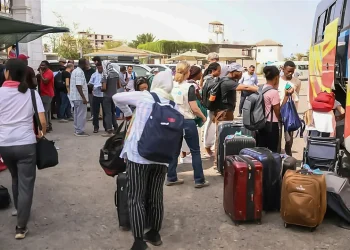By Ebi Kesiena
In response to the public outcry over frequent power outages, Kenya’s Cabinet has issued directives to the energy ministry to address the issue, as highlighted by President Ruto, who emphasized the adverse impact on the investment climate.
During a cabinet meeting held at State House, it was decided that the power infrastructure would undergo reconstruction, funded by KSh66 billion ($430 million) from the African Development Bank and the South Korean government.
The urgency for action became evident after Kenya experienced its fourth power outage in three months, with the latest outage on a Sunday evening plunging the entire country into darkness, even affecting operations at Jomo Kenyatta International Airport in Nairobi.
According to the state-run electricity provider, Kenya Power, these blackouts were attributed to a “system disturbance leading to loss of bulk power supply.” Similar incidents occurred on 11 November, 25 August, and 4 March earlier in the year.
To address the situation on a temporary basis, Energy Minister Davis Chirchir announced that rotational power cuts would be implemented to prevent overloading of power transmission networks. He emphasized the need for immediate maintenance and investment to avert further blackouts.
Chirchir cautioned that without serious interventions, more power disruptions are likely to occur in the future. This announcement prompted Kenyan citizens to express their frustration on social media, with one individual stating, “We are tired of these power cuts. Chirchir must go. We are not in Nigeria,” drawing a comparison to the frequent power cuts experienced in Nigeria.
Peter Mwaura, a restaurant owner in Mombasa, lamented that the frequent blackouts have resulted in a loss of customers, emphasizing the national embarrassment of lacking stable power 60 years after independence.
Suba Churchill, the executive director of the Kenya National Civil Society Centre, criticized the continuous power outages as a violation of Article 46 of the constitution, which guarantees consumers the right to uninterrupted and high-quality services from government agencies. Churchill urged Kenyans to demand their right to proper electricity services, especially considering the increased electricity bills they have been paying.




































